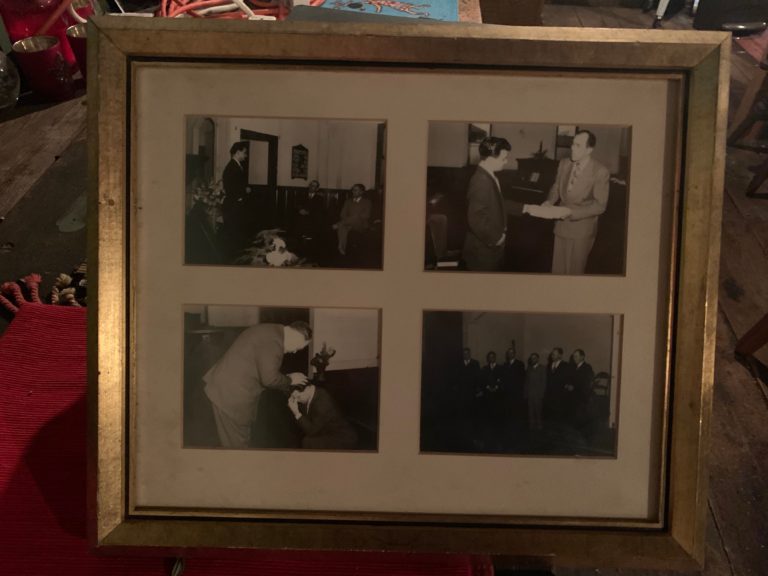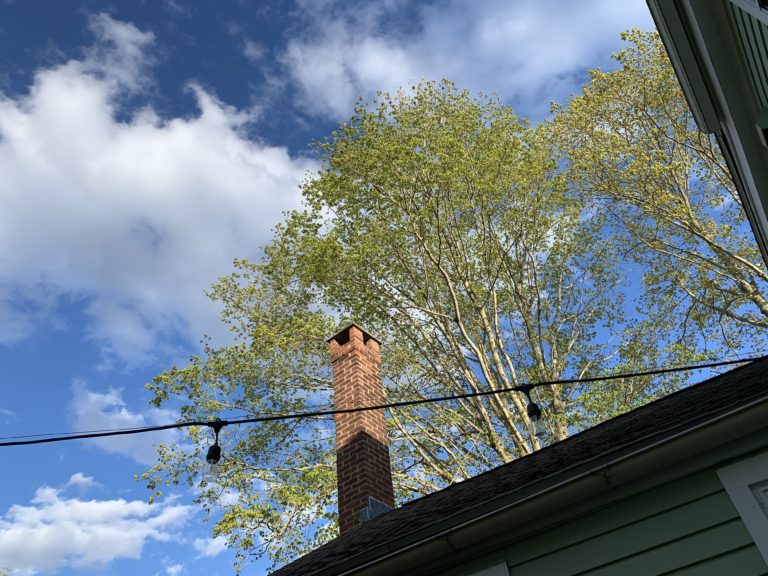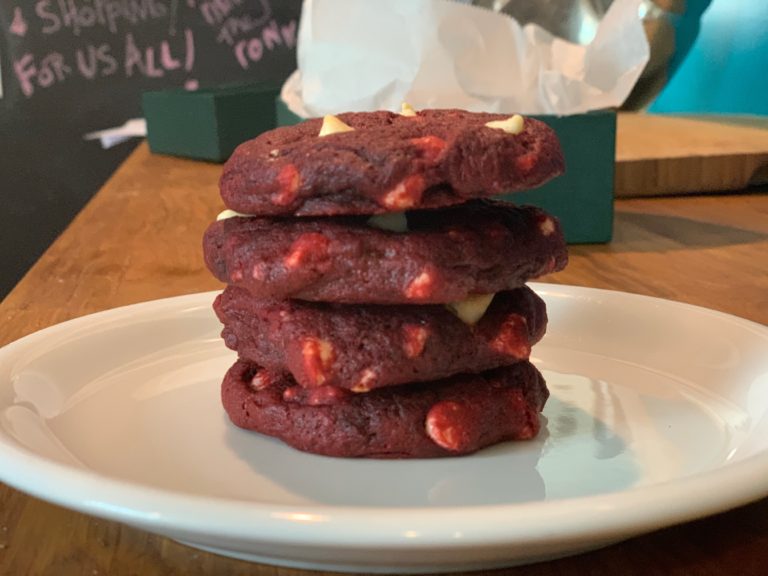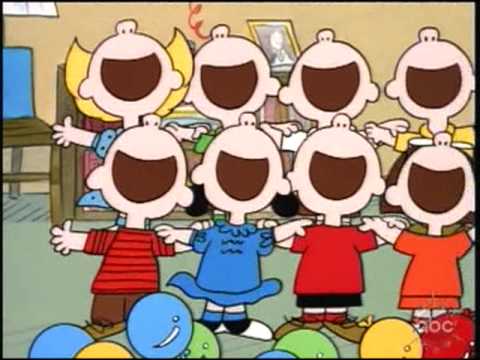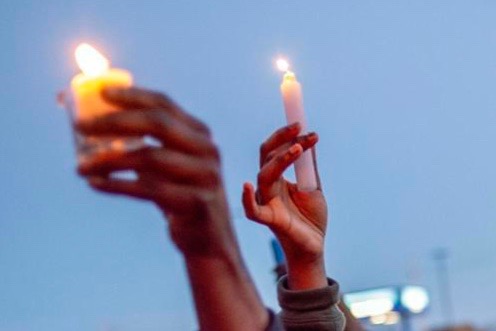The last two weeks, as Spring has finally come to Connecticut to stay, the lengthening light of the days has been matched by the growing weight of my depression. This time, thanks to the pandemic, it isn’t all to do with my mental illness but circumstances as well.
I find that I crave being outside. I take my computer out on the patio to write in the morning. When my mind shuts down in the afternoon, I dig in our flower beds or out in the church garden behind the barn. On the weekends there are four of five of us spread out across our 50 x 30 plot, talking through our masks, and working to raise food for whoever needs it.
This afternoon late I went out and moved some dirt for an expansion bed that we are getting ready for next year. As I went back and forth with the wheelbarrow, I started singing a song I learned as a kid but really came home to me one night at Club Passim in Boston. I was the volunteer running the sound board one night when Dave Mallett was performing. He wrote the song and I got to hear him sing it.
inch by inch, row by row, gonna make this garden grow
all it takes is a rake and a hoe and a piece of fertile ground
inch by inch, row by row, someone bless these seeds I sow
someone warm them from below, ’til the rain comes tumbling down
In New England we are a week or so away from even being able to plant our tomatoes, much less harvest them. Tomatoes in these parts are a late summer, early fall pleasure. Nonetheless, it’s never too early to sing along with Guy Clark.
homegrown tomatoes home grown tomatoes
wha’d life be without homegrown tomatoes
only two things money can’t buy
that’s true love and homegrown tomatoes
The Indigo Girls’ song “All That We Let In” isn’t so much about gardening or farming, but about everything we digest in life. Digging out in the garden for me is therapeutic in part, I think, because I’ve got my hands in the stuff I’m made of. I’m breathing in life in all kinds of ways. And even though I am the one who cooks dinner when I come in, I know how this verse feels.
I pass the cemetery, walk my dog down there
I read the names in stone and say a silent prayer
when I get home, you’re cooking supper on the stove
and the greatest gift of life is to know love
Lyle Lovett sings about leaving home and worrying that the one he is leaving behind will have significant culinary experiences without him. It’s not about growing food, but it sure is about who you eat with–“Pantry.”
don’t cheat on me with cornbread,
don’t cheat on me with beans
and don’t cheat on me with bacon,
cooked up with collard greens
don’t cheat on me with biscuits
with jelly sweet and blue
keep it in that place where
you know you will be true
keep it in your pantry . . .
One of my favorite John Denver songs tells the story of his uncle who lived with them on a farm in Oklahoma. “Matthew” is full of joy and family.
yes, and joy was just the thing that he was raised on
love is just the way to live and die
gold is just a windy Kansas wheat-field
and blue is just a Kansas summer sky
Rich Mullins’ “First Family” is another song about a family on a farm and paints a wonderful picture of how all that is ordinary is full of wonder.
talk about your miracles
talk about your faith
my dad he could make things grow
out of Indiana clay
Mom could make a gourmet meal
out of just cornbread and beans
and they worked to give faith hands and feet
and somehow gave it wings
I’ll finish tonight’s playlist with “Trouble in the Fields,” a song Nanci Griffith wrote about her relatives who were farmers during the Great Depression. Though I am far from working a full farm, something about digging in the dirt during these days finds resonance in her words.
and all this trouble in our fields
if this rain can fall, these wounds can heal
they’ll never take our native soil
but if we sell that new John Deere
and then we’ll work these crops with sweat and tears
you’ll be the mule I’ll be the plow
come harvest time we’ll work it out
there’s still a lot of love, here in these troubled fields
Take care, my friends. We will keep digging and singing together.
Peace,
Milton


